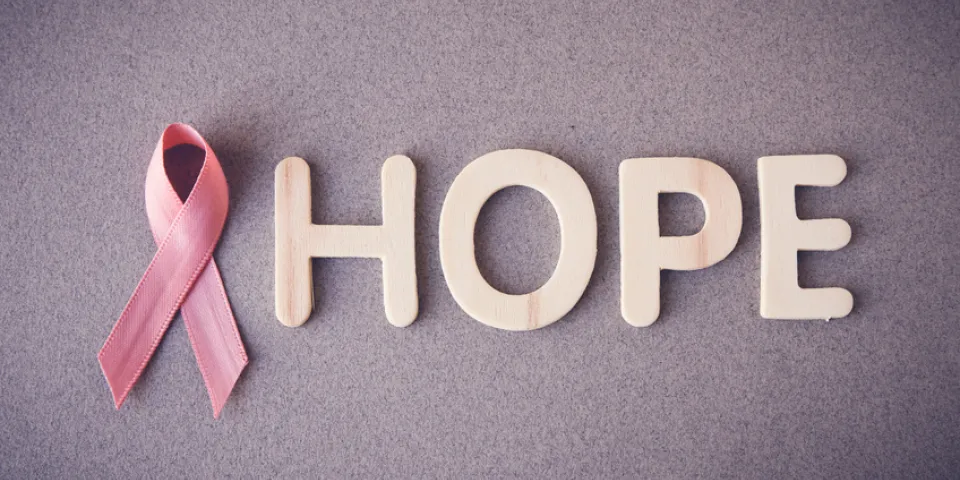Latest
The Power of Breast Cancer Awareness Month
Oct 13, 2016

It seems unreal that 2016 marks my 20th year as an oncology nurse. One of the questions I am asked frequently is “Isn’t it so sad to work with cancer patients?” To the surprise of many people, my response is that it’s quite the opposite.
In my experience, after being confronted with their own mortality, cancer patients tend to become joyful for every minute. They no longer worry about the small, petty things. They tend to refocus their energy toward meaningful endeavors, repairing relationships or participating in activities that will help build their legacy. I was blessed to learn these life lessons from the thousands of patients I have cared for over the years.
An especially appealing aspect of working in the oncology field is that you build relationships with not only the clients, but also their entire family. Cancer does not just affect one person. It affects all those who love that person and are part of the caregiving team. You may provide weekly care for that person for years. You get to see their children and grandchildren grow up through visits and pictures they share. You get to celebrate milestones that patients did not think they would experience. You also get to share the overwhelming joy of when the patient is told that the cancer is gone.
Of course, there are also some tough times that come with working with oncology patients. When medical intervention is no longer benefitting the person, sobering conversations are inevitable and extremely difficult. Due to the demands of the profession, oncology nurses tend to have a different view of death and dying. We try not to let it be a sad event, but rather a celebration of a life. Even though it’s hard, we want the patient’s family to know their loved one will no longer be in pain and suffering. I have never said goodbye to any client in 20 years; I always say “I will see you later.”
Thankfully, I don’t have to say that as often to patients diagnosed with breast cancer. Thanks to the focus on breast cancer awareness during the month of October, millions of dollars have been raised to fund research efforts across the globe. This has resulted in more effective treatments and new medicines being developed to combat this disease. The end result is that more patients than ever are surviving and thriving after a breast cancer diagnosis. To them, I enjoy saying “I’ll see you at your next appointment” instead.
Curious about Herzing's nursing program? Learn more here.
Ana Armstrong received an Associate Degree in Nursing in 1996 and a Master in Nursing Education in 2016. Her entire clinical career was spent in oncology, both medical and radiation. Her last clinical position was that of a breast cancer nurse navigator. Armstrong is an associate professor of nursing at Herzing – Orlando. She also works for Genentech as part of its national nurse navigator speaker bureau. She lives in Central Florida with her husband, 9-year-old daughter and a 4-year-old French Bulldog.
BLS pay estimates calculate the median annual wage for various occupations. Per the BLS the median wage for an occupation is: "The wage at which half of the workers in the occupation earned more than that amount, and half earned less. Median wage data are from the BLS Occupational Employment and Wage Statistics survey." Bureau of Labor Statistics (BLS), U.S. Department of Labor, Occupational Outlook Handbook 2024. BLS median wage estimates do not represent entry-level wages and/or salaries. Multiple factors, including prior experience, age, geographic market in which you want to work, and degree level and field, will affect career outcomes, including starting salary and earnings as an experienced employee. Herzing neither represents that its graduates will earn the median salaries calculated by BLS for a particular job nor guarantees that graduation from its program will result in a job, promotion, particular wage or salary, or other career growth.
Latest
Recent Blog Posts
Subscribe to our Newsletter
Get the latest news you need to know, from study hacks to interview tips to career advancement. Have it delivered right to your inbox biweekly.








